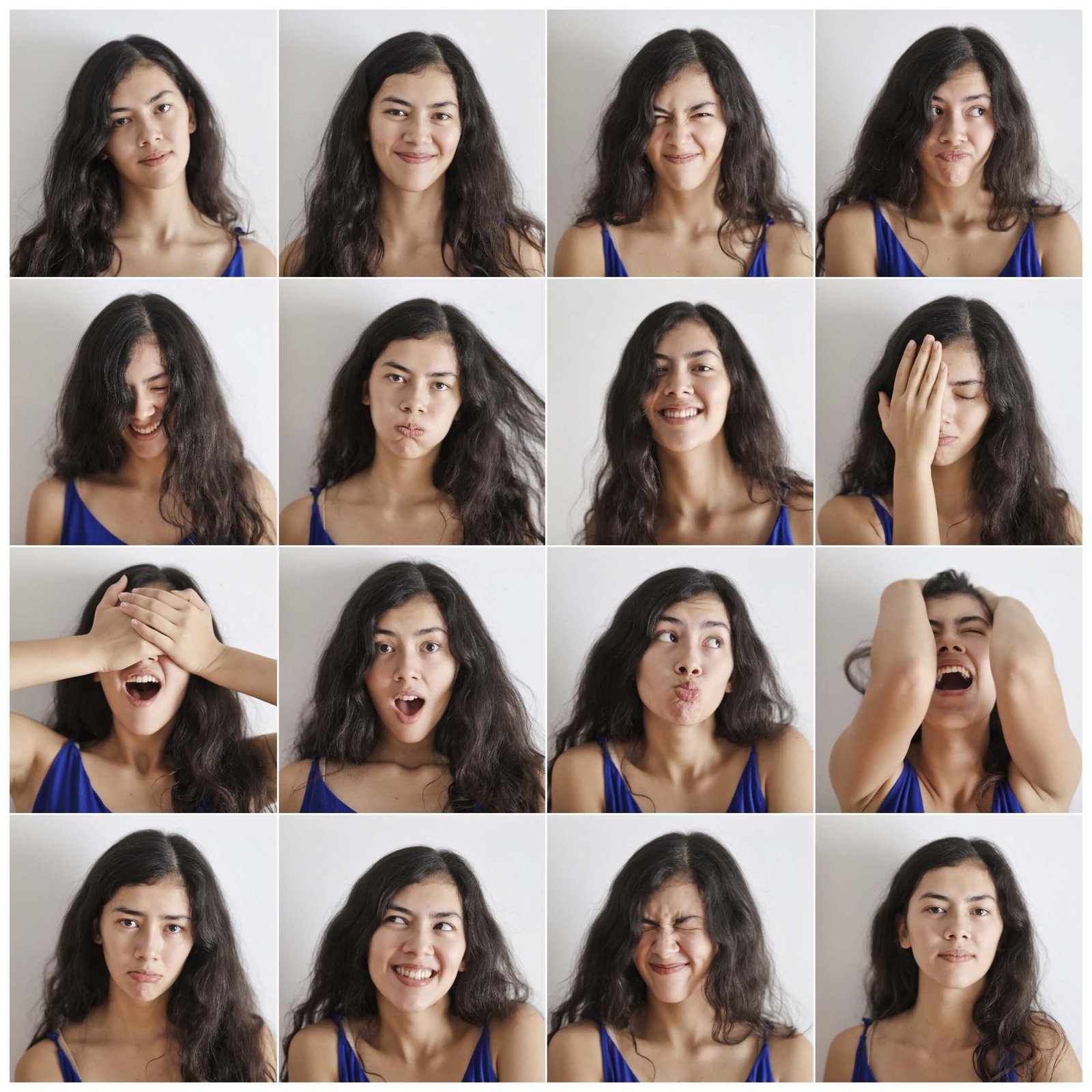Humans and Emotions
“Human being is a human being. No one can become anything more than human.”
-Soka Gakkai International president Daisaku Ikeda
But the question is what makes us human?
I would say it’s our emotions that makes us human. Our vulnerability makes us human.
Emotions are defined as feelings; it is our state of mind stimulated by our circumstances, moods and environment. But as per my viewpoint, emotions are always intense than feelings, emotions are associated with bodily reactions that are activated through neurotransmitters and hormones released by the brain, feelings are the conscious experience of emotional reaction[1]. Hence emotions are not only a state of mind but a state of life. The six basic human emotions are happiness, sadness, surprise, fear, disgust and anger. Human beings may experience these emotions every day. But at the same time, we should know how to channelize our emotions, how to process them and how to become better at controlling them.
Even in the 21st century with better access to education and better literacy rate, we are fighting for normalizing social stigmas related with emotions. Men and women have different intensity and expression of emotions. Where women are called emotional beings; men on the other hand face the stigma of dealing with their emotions inwardly or bury their emotions inside them in order to be tough. Comments such as “Mard ko dard nahi hota”, “Ladke nahi rote”, etc. play a major role in men not being able to express their emotions, which may lead to an emotional imbalance and may further result in them undergoing several mental illnesses. Within the Indian context, there is still stigma attached and judgements are passed for expressed emotions. In fact, in our society levels of expressed emotions are so low that emotions may be considered a ‘negative’ point in humans.
When a male friend of mine expressed his emotions and opened up about his depression to his parents; his parents lectured him about how “Boys should not cry as girls do” and “It’s just a phase” as well as other astrological remedies. Whereas all he wanted was for someone to listen to him and provide him some emotional support. One will be able to observe similar happenings with women in our culture.
Small but significant gender differences in emotion expression have been reported for adults, with women showing greater emotional expressivity, especially for positive emotions and internalizing negative emotions such as sadness[2].
The stereotypes of the capitalist world and our capitalist ideology of productivity is pushing us to turn into inhuman. It encourages negative emotions like frustration, dissatisfaction, unhealthy competition, greed, jealousy and depression. The idea of self-love, gratitude and compassion is lacking in today’s society. And Indian households and parents are the agents of this toxic internalized capitalist ideology of productivity creating an unhealthy and emotionally suppressing environment.
All of us are responsible for our own mental health. Our mental health consists of our thoughts, feelings and emotions. Therefore, our emotional well-being is interconnected with our mental health. It is because of our emotions that make a heart break hurt so much and our emotions when a sad movie overwhelms us. Our emotions make us feel happy and proud for an achievement or feel furious when we experience immoral practices. The purpose of life, according to me, is to attain happiness and embrace all the difficulty that comes in the way and that’s the life we have to build for ourselves. We think emotions make us vulnerable but I feel people who deal with their emotional baggage are the bravest and the toughest. God made us humans and humans feel things. So, let’s please remain humans and not let ourselves turn into the robots that the power structure wants us to be.
References
- https://imotions.com/blog/difference-feelings-emotions/#:~:text=While%20emotions%20are%20associated%20with,conscious%20experience%20of%20emotional%20reactions
- https://www.ncbi.nlm.nih.gov/pmc/articles/PMC4469291/
– by Chavika Dudeja.



